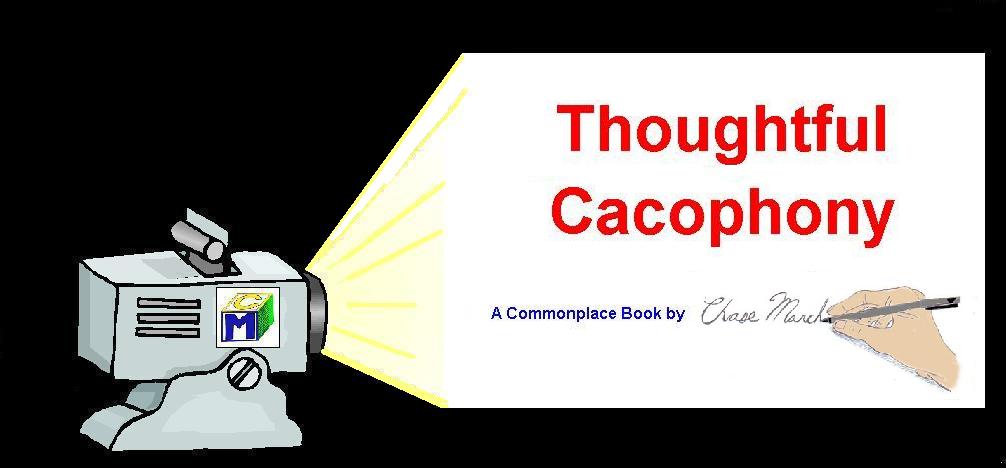
“Karla believes that human beings remember everything. “All stimulation generates a memory – and these memories have to go somewhere. Our bodies are essentially diskettes,” she says.” - Coupland, Douglas. Microserfs. HarperCollins Books: Toronto, 1995. pg 92
Douglas Coupland is a brilliant writer. It’s strange how I discovered him. I had heard of him prior to this book but I had never read anything by him. Then one day when I was at the library with some kids, one of them spun around the bookrack with a lot of force. This book fell to the ground.
I had wanted to find a good novel to read. I picked up the book from the floor and looked at it. I flipped through it and it seemed strange and unique. I couldn’t put it back on the shelf. I knew that I had to sign it out since it had quite literally fallen into my lap.
I love this book. I have collected hundreds of great thoughts from it. The story revolves around a group of people who work at Microsoft. I know every little about computer programming and this wouldn’t have been a book I normally would have read. But it was a great character driven drama.



















